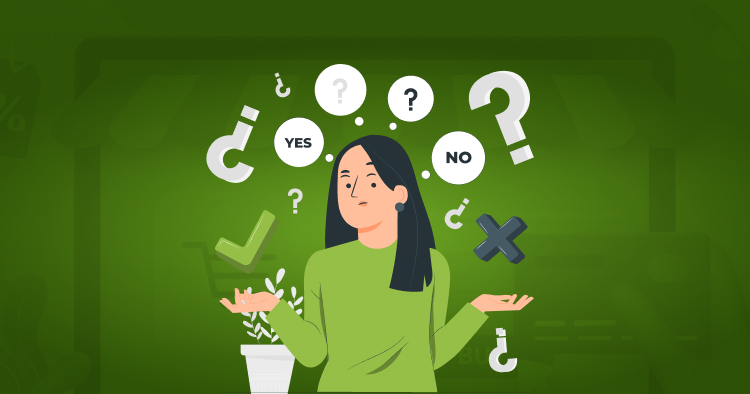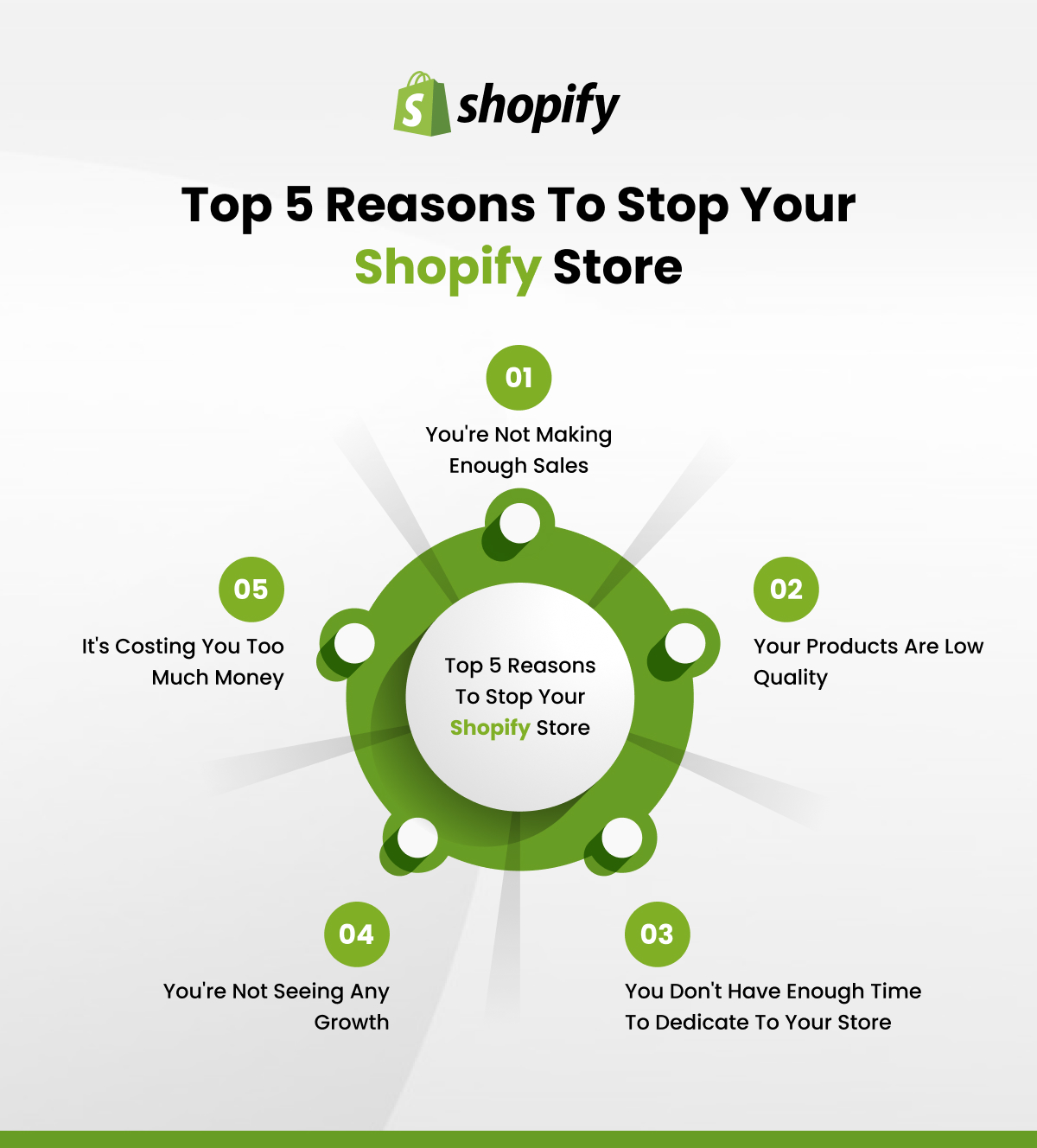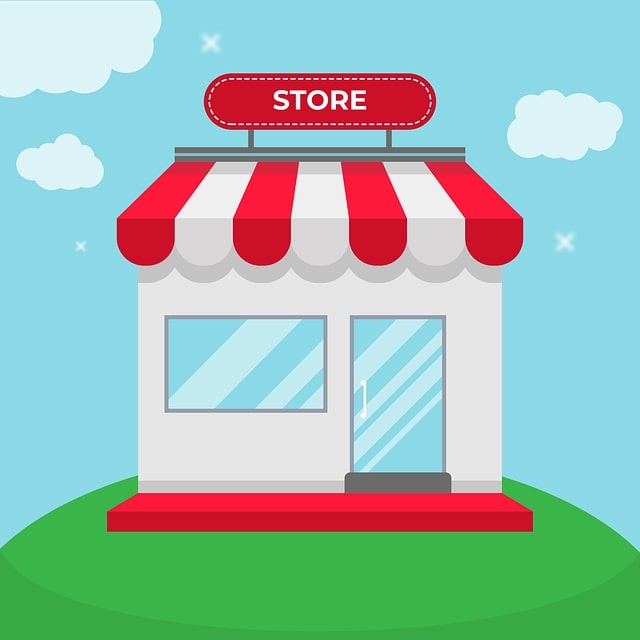If I Close My Shopify Store Will I Still Be Charged
Last Updated | March 29, 2024
Table of Contents
If you’re considering closing your Shopify store, you may be wondering if you’ll still be charged for the monthly subscription. In this article, we’ll explain what happens when you close your store and how to cancel your subscription. We’ll also cover some of the other fees you may be charged and what happens to your data when you close your shop. Read on to learn if I close my Shopify store will I still be charged.
What Should You Know About Closing Your Shopify Store
When you’re ready to close your Shopify store, there are a few things you should keep in mind regarding I close my Shopify store will still be charged. First, you’ll need to cancel any active subscriptions, including your Shopify plan. Once your subscription is canceled, your store will be inaccessible and all data will be deleted within 30 days. If you have any products or information that you want to keep, be sure to export it before canceling your subscription.
Next, you’ll need to contact any third-party apps or services that you use with your store and cancel any active subscriptions or memberships. Finally, if you have a domain connected to your Shopify store, you’ll need to either transfer it to another provider or let it expire.
With all of that taken care of, you can officially close your Shopify store. Keep in mind that once your store is closed, it cannot be reopened. If you decide you want to start selling again in the future, you’ll need to create a new store from scratch.
Top 5 Reasons to Stop Your Shopify Store
How to Close a Shopify Store
If you need help with How to cancel a Shopify plan, you can hire a Folio3 Shopify Theme Development Company. Choose a company that offers Shopify web design solutions, custom Shopify development, Shopify migration, Shopiy Store development, and Shopify Theme Customization. Hire Shopify Developer and you’ll know everything regarding the deactivation of your Shopify account.
Closing your Shopify store is a significant decision, and it’s essential to ensure that you have completed all necessary steps before doing so. Here’s a step by step guide to help you through the process:
Step 1: Navigate to your Shopify admin panel.
Step 2: Select “Settings.”
Step 3: Click on “Deactivate store.”
Step 4: Review the options available – switching to the “Pause and build” or starting a new store.
Step 5: If deactivation is still the desired action, click “Deactivate store” again.
Step 6: Choose and select a reason for the deactivation.
Step 7: Click “Continue.”
Step 8: Enter your password.
Step 9: Finally, click on “Deactivate now.”
By following these steps, you will successfully close your Shopify store. Remember that once your store is closed, you won’t be able to process any more transactions, and your store data will no longer be accessible through Shopify’s admin.
Read Also “Benefits of Hiring a Shopify Expert Near Me?“
What Are the Consequences of Closing a Shopify Store
How do I stop Shopify Plus from charging me?
Closing a Shopify store can have a number of consequences, depending on the situation. For example, if you’re closing your store because you’re no longer able to keep up with orders, your customers may be disappointed. On the other hand, if you’re closing your store because you’re moving to a new platform, your customers may be understanding. In either case, it’s important to communicate clearly with your customers so that they know what’s going on and can make alternative arrangements, if necessary. Here are some other things to keep in mind when closing a Shopify store:
– Your domain name will no longer work. If you have a custom domain name for your Shopify store, it will no longer work once you close your store. This means that any customers who try to visit your store will see an error message.
Read Also How to Open a Shopify Store
– You will lose access to your customer data. When you close a Shopify store, you will no longer have access to your customer data, including their contact information, order history, and any other data you’ve collected. This data is important for understanding your customers and making future business decisions, so be sure to export it before closing your store.
– Your Shopify account will be deactivated. Once you close your Shopify store, your Shopify account will be deactivated. This means you won’t be able to use any of the other features of Shopify, such as the Shopify POS or Shopify Payments. If you plan on opening another Shopify store in the future, you’ll need to create a new account.
– You may owe Shopify money. If you have any outstanding balances with Shopify, you will need to pay them off before you can close your store. This includes any subscription fees, transaction fees, or other charges that may be due.
Read Also How is Shopify a good eCommerce platform for startup businesses?
How to Avoid Being Charged if You Close Your Shopify Store
After closing your Shopify store, it’s crucial to ensure that you won’t incur any unexpected charges. Here are key steps to follow:
- Cancel any App Subscriptions: Check your Shopify admin for any active app subscriptions and cancel them manually.
- Remove your Payment Information: Go to your account settings and remove any payment methods to prevent future billing.
- Download Important Data: Export any valuable data, such as customer lists and sales reports, for record-keeping.
- Close Associated Accounts: If your Shopify account is linked with third-party services or marketplaces, ensure those accounts are either closed or disconnected.
- Confirm Account Closure: Finally, make sure you receive a confirmation email from Shopify acknowledging your store’s closure.
Conclusion
Closing a Shopify store is a process that involves several important steps, each critical to ensuring that the closure is seamless and without repercussions. By following the detailed guide provided, store owners can deactivate their store with confidence, knowing they have considered everything from cancelling app subscriptions to communicating with customers. It’s equally vital to understand the consequences of closing a Shopify store, including the loss of customer data and potential financial obligations. Taking proactive steps to avoid unexpected charges after closure, such as removing payment information and exporting important data, will safeguard against unforeseen expenses. Whether transitioning to a new platform or closing your online retail venture, being informed and prepared makes the process manageable and less daunting. Remember, if you need any assistance with closing your Shopify store or transitioning to a new platform, there are expert agencies like Folio3 available to help. So don’t hesitate to reach out for support during this crucial process. And always remember, as one door closes, another one opens – so embrace the next chapter of your eCommerce journey!













